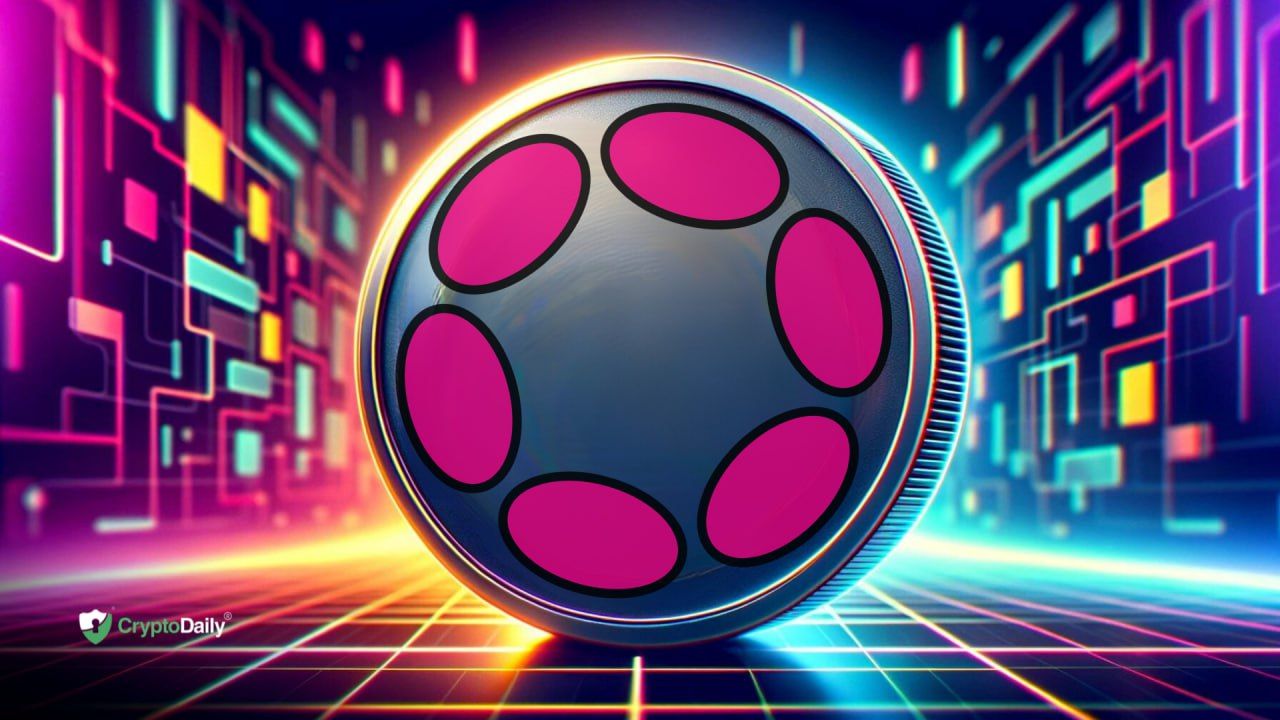Table of Contents
- Japan: The World’s Web3 Gaming Hub
- Strong Political Support
- Rich Gaming Culture
- Long Gaming History
- Thirst For Partnerships
- Growing Talent Pool
- Final Thoughts
The Land of the Rising Sun was once seen as the world’s leader in gaming, with companies like Nintendo and Sega dominating the games console industry and pumping out hundreds of classic titles, ranging from Super Mario to Sonic The Hedgehog, Street Fighter to Tetris.
Japan was also a pioneer in new video gaming crazes, becoming the birthplace of cultural phenomenons such as Pokemon and Tamagotchi that were among the first to cross the divide between our digital and physical world lives.
Unfortunately for Japan, its gaming industry then entered a period of decline, and it was U.S.-based developers that came to dominate with titles such as Grand Theft Auto and Fortnite emerging on a new generation of consoles, such as the Xbox and PlayStation. Nintendo and Sega’s consoles became relics of the past, and the mobile gaming boom further eroded Japan’s status as the world’s top video game developer.
However, the Japanese are determined to seize back their crown as the world’s best known video game developers, and they have an early start in the emerging “play-to-earn” video games industry that leverages blockchain and cryptocurrencies.
Japan: The World’s Web3 Gaming Hub
The play-to-earn gaming industry is still relatively new and niche, but it has gained a lot of traction in the past couple of years with titles like Axie Infinity hitting the headlines during the COVID-19 pandemic. The reason is that they offer a dream come true for many video games enthusiasts, enabling players to earn real-life financial rewards for successfully beating their opponents. Players literally get paid to play – and win – their favorite video games, and many believe that in future, almost every video game will incorporate play-to-earn elements.
Japan has a lot of momentum in this nascent Web3 gaming industry, and there are a number of reasons for this. First, its video game developers have the full backing of the Japanese government, which is one of the world’s most proactive in terms of its support for Web3. Second, Japan is leveraging its unique culture, which is known for eagerly embracing innovative new technologies and phenomena. At the same time, it hasn’t forgotten its long-standing tradition of being a powerhouse in video game development. In addition, it has an enthusiastic attitude when it comes to collaborating with others, which is helping to ignite further innovation. Finally, the country itself has become a magnet for Web3 developer talent due to its thriving gaming scene.
Strong Political Support
Japanese policymakers have adopted one of the most forward-thinking stances on blockchain and Web3 technologies. The country was among the first to recognize the enormous promise of digital assets and how they can improve people’s lives. Last year, the city of Tokyo played host to the WebX conference and attracted more than 10,000 entrepreneurs, developers, investors and crypto enthusiasts. The headline speaker at the event was none other than Japan’s Prime Minister Fumio Kishida, who spoke about his belief that blockchain will eventually become a foundation of a new, digitized economy. Moreover, Masaki Taira, who is tasked with leading the country’s Web3 development efforts, identified gaming in particular as a key growth driver for the industry.
Rich Gaming Culture
With strong backing from its government, Japan has emerged at the forefront of the Web3 industry, thanks in part to its distinctive cultural identity that’s uniquely suited to concepts such as decentralization. The hit games Pokemon and Tamagotchi, for example, are focused on the idea of nurturing small creatures and slowly raising them to become stronger and more powerful. This aligns perfectly with the basic principles of Web3 gaming, which is centered on the ownership of digital assets such as NFTs that can also grow and evolve.
A good example of this is the OASYX Series 2 gaming project, where players are required to nurture and raise NFT-based lifeforms. It’s a perfect blend of gaming nostalgia and Web3 advances that showcases how blockchain provides a more rewarding experience for players, as they can now own their digital creatures.
There’s also the culture of “Poikatsu”, which stems from the generous rewards programs offered by Japanese brands. In Japan, it’s very popular for people to sign up to loyalty programs and strive to collect as many rewards as possible, and this tallies perfectly with the play-to-earn concept, where gamers can earn daily rewards from playing games. A good example of this is the popular blockchain-based fitness app Stepn, which encourages users to get outside and exercise in return for cryptocurrency.
Long Gaming History
Some of Japan’s biggest video games developers have also shown strong interest in Web3, with the likes of Sega, Bandai Namco, Square Enix and Ubisoft all working on their own blockchain gaming projects and even forming partnerships with Web3 companies. For instance, Ubisoft recently launched its first Web3 game, Champions Tactics: Grimoire Chronicles.
Elsewhere, more than 20 video games developers have signed on to become validators of the gaming-focused blockchain Oasys. Becoming validators enables games developers to play a role in validating transactions, securing the network and also governance, where they can suggest and vote on new features, functionalities and updates to the underlying blockchain.
Thirst For Partnerships
Intriguingly, it’s not just video games companies that are looking at the potential of blockchain gaming. SBI Group, one of the largest financial institutions in Japan, famously partnered with a startup called Smartapp to create the SBINFT Marketplace, which has grown to become one of the country’s largest venues for buying and selling NFTs.
The SBINFT marketplace was originally focused on art NFTs, but quickly came to realize that the potential of blockchain gaming was much more promising. Upon making this discovery, SBINFT quickly pivoted to focus on Web3 gaming, partnering with the Oasys blockchain in June 2023 to gain access to many of the most popular gaming NFTs on that platform. It finally rebranded and launched its gaming NFT marketplace in November, and is now working with both domestic and international games developers to list the industry’s most sought-after gaming NFTs.
Elsewhere, we also see media companies such as DMM, GREE and MIXI embracing the blockchain gaming movement, either as investors or validators. Meanwhile, the telecommunications giants NTT Docomo and KDDI are pushing their own blockchain gaming projects, convinced that Web3 technology is the future.
Growing Talent Pool
Japan’s growing pool of developer talent is slowly but surely expanding as more developers from countries like China and South Korea flock to the country to participate in its nascent Web3 gaming industry. It makes sense, because Japan has emerged as one of the world’s most profitable gaming industries thanks to the support of both its government and big businesses.
South Korean companies are also taking a keen interest in Japan’s gaming scene, with companies such as Com2uS working with Oasys to explore new avenues to grow the digital landscape.
Final Thoughts
Thanks to the rise of Web3, Japan is well on the way towards reclaiming its crown as one of the leaders in video game development. The combination of Japan’s rich history of developing games, a culture that prizes innovation and strong support from government and big business alike has paved the way for a thriving Web3 gaming industry that’s only getting started.
Disclaimer: This article is provided for informational purposes only. It is not offered or intended to be used as legal, tax, investment, financial, or other advice
Investment Disclaimer













